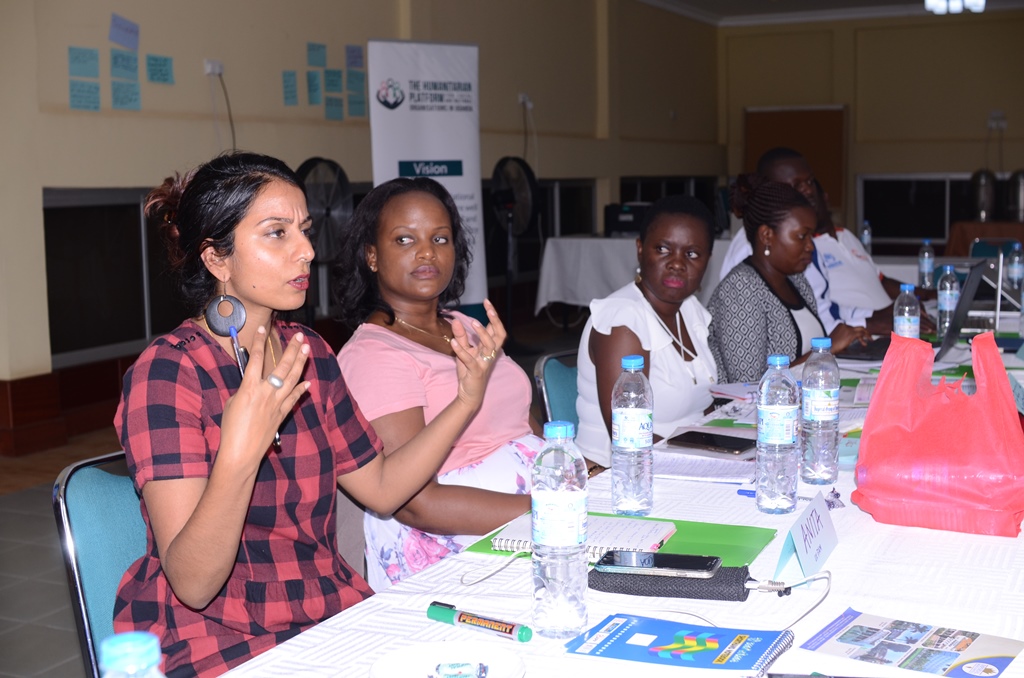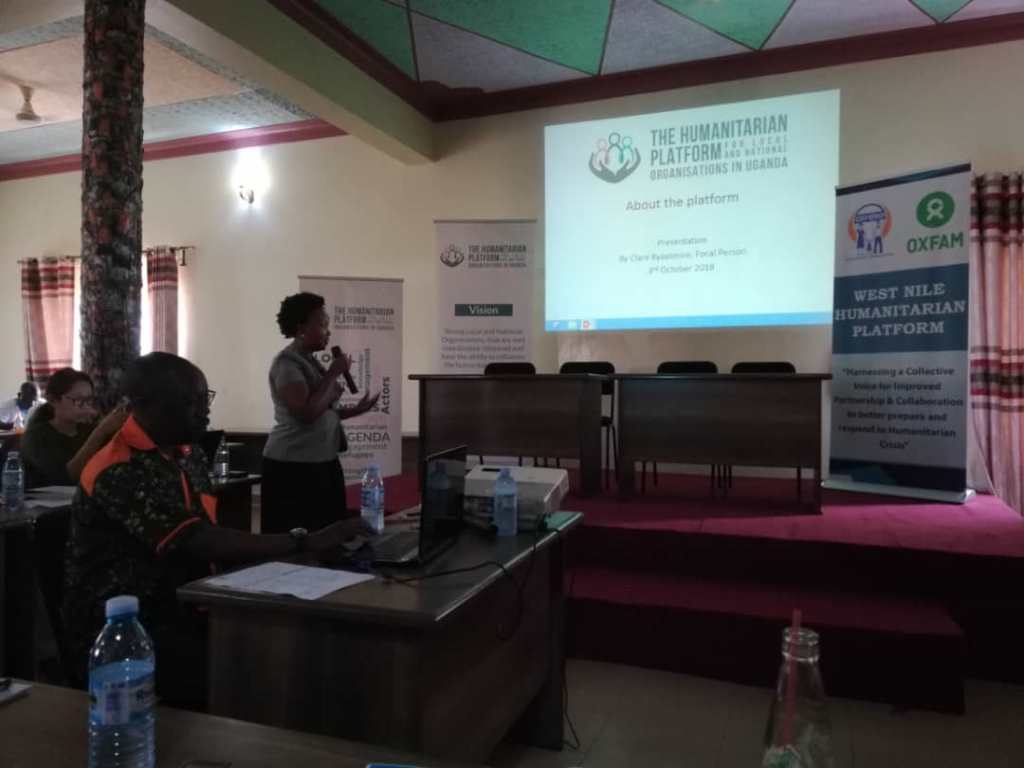Overview
At the Humanitarian Platform for Local and National Organisations in Uganda (HPLNOU), knowledge building is a cornerstone of our strategy to enhance the effectiveness and efficiency of humanitarian responses. Our approach to knowledge building is multifaceted and aims to equip local and national organisations with the skills, information, and tools they need to respond adeptly to humanitarian crises. Through our comprehensive knowledge-building initiatives, HPLNOU aims to create a well-informed and highly skilled network of local and national organisations. This, in turn, enhances the overall capacity of the humanitarian sector in Uganda to respond to emergencies more effectively and sustainably. By fostering a culture of continuous learning and innovation, we are committed to improving the lives of those affected by humanitarian crises and building a more resilient society.

Capacity Enhancement:
- Training Programs: Strengthen the technical and operational capacities of local and national organisations through tailored training programs on topics such as disaster risk reduction, emergency response planning, and community resilience building. These sessions are conducted by experts and are designed to be practical and hands-on.
Research and Innovation:
- Research Initiatives: Encourage and support research initiatives that address current and emerging humanitarian issues by collaborating with academic institutions, research organisations, and independent experts to conduct studies. The findings from these studies are disseminated widely to inform practice and policy.


Information Sharing:
- Knowledge Sharing Platforms: Facilitate the exchange of critical information among stakeholders through a robust knowledge management system, including a centralized information portal, social media groups, and regular newsletters that provide up-to-date information on best practices, emerging trends, and new research in the humanitarian sector.
Policy and Advocacy:
- Advocacy Campaigns: Use evidence-based knowledge to influence policy and advocate for the needs and rights of affected populations by conducting policy analysis, producing policy briefs, and engaging with policymakers at various levels. Our advocacy efforts are informed by the knowledge and insights gathered from our research and field experiences.


Collaborative Learning:
- Workshops and Seminars: Promote collaborative learning and peer-to-peer exchanges among member organisations by organising workshops and seminars that provide a platform for in-depth discussions on specific issues. These events involve participants from various stakeholder groups, including government agencies, NGOs, and community leaders.
